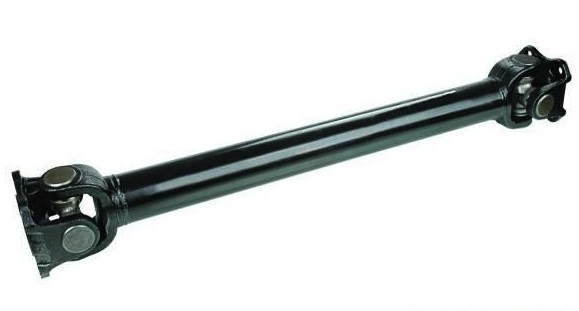There are a few misconceptions that mountain drivers in Colorado have when comparing horsepower to torque during the process of buying a truck. While both numbers are important for truck drivers everywhere, a higher torque ratio is ideal for hauling cargo up the steep mountainous terrain of Colorado.

Benefits of Torque:
Torque has advantages for trucks with trailers in tow.
- Torque gets you moving from a dead stop. Truck drivers would not even be able to move from a stoplight without torque.
- Trucks wouldn’t make it up a steep grade without the essential amount of torque. The grades in Colorado are steep, and a steady amount of force is needed to get an 80,000 pound vehicle up to the top. It may be a slow and steady climb to the top, but torque is what gets you there.
Benefits of Horsepower:
Horsepower helps trucks get up and go quickly on flat terrain. Horsepower provides the passing ability once your truck hits higher speeds, and the low end torque drops off. While important, mountain drivers don’t need as much horsepower as you might think.
Torque Matter for Mountain Drivers
Mountain drivers in Colorado should opt for a higher torque rating than a higher horsepower rating. Both numbers are essential and complement each other nicely. However, the higher torque will help pull your trailer up that hill at a more steady speed than a higher horsepower number could. Higher Torque will also help maintain the health of your truck longer because it will experience less strain and wear and tear driving up steep, rocky hills.
With technology heading in the direction it is currently going, it isn’t unheard of to have trucks producing 1700 lb ft of torque or more with a 400 horsepower engine. With the right type of transmission and gear ratios, it is a recipe for mountain climbing success.
What matters more to you, torque or horsepower?
